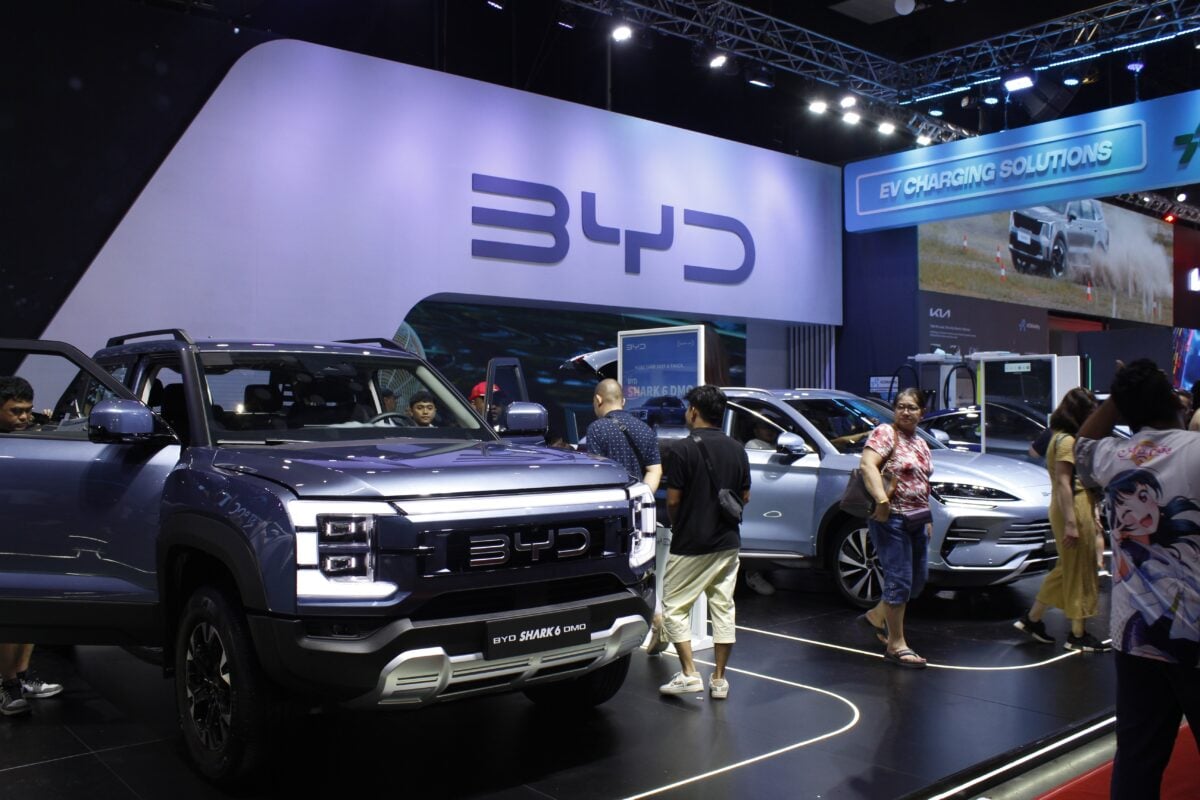TLDRs:
- Singapore awards $8.1M contract for six autonomous buses to serve Marina Bay and one-north.
- Initial trial on routes 400 and 191 includes onboard safety operator and real-time monitoring.
- LTA plans to expand self-driving buses to 100–150 vehicles by 2026.
- BYD, MKX Technologies, and Zhidao Network join forces to modernize public transport.
Singapore’s Land Transport Authority (LTA) has awarded a contract worth S$8.1 million (US$6.3 million) to a consortium led by BYD to trial autonomous buses on two public routes.
The partnership includes MKX Technologies and Zhidao Network Technology, combining expertise in electric vehicles, autonomous driving software, and local project management.
The pilot program, slated to begin in the second half of 2026, will deploy six 16-seater electric buses along routes 400 (Marina Bay) and 191 (one-north). Each bus will feature a safety operator during the initial phase, ensuring passenger security and compliance with operational standards.
Blending Innovation with Daily Commutes
The new autonomous buses will operate alongside traditional manned buses, creating a hybrid public transport network. Vehicles will include features familiar to commuters, such as wheelchair ramps, designated spaces for mobility aids, and stroller access.
SBS Transit, the operator of the pilot routes, will collect commuter feedback to refine operations. Initially, fares will match existing bus services, ensuring accessibility while passengers adjust to the new technology.
Advanced Technology and Infrastructure
Zhidao Network Technology will provide the autonomous driving systems, including LiDAR sensors, cameras, fleet management tools, and remote control operations.
BYD will supply the electric buses, which are similar to models already used in Japan and other overseas markets. MKX Technologies, a Singapore-based firm, will lead local research, development, and project management for the pilot.
High-speed, liquid-cooled chargers supplied by Huawei will support the fleet, allowing quick turnaround times and efficient energy management. This integration highlights Singapore’s commitment to combining global innovation with local implementation.
Scaling for the Future
The three-year pilot program will allow the LTA to evaluate performance and safety before expanding the fleet. Depending on results, the authority may add 14 more autonomous buses and extend services to additional routes.
The initiative aligns with the government’s broader plan to deploy between 100 and 150 autonomous vehicles across Singapore by 2026. Senior Minister of State for Transport Sun Xueling emphasized that self-driving buses can help address manpower shortages while maintaining a reliable public transport system.
To support the transition, existing bus drivers will receive specialized training at the Singapore Bus Academy, preparing them to serve as safety operators and ensure smooth operations. The ultimate goal is to move from onboard operators to remote fleet monitoring, with customer service officers assisting passengers on board.
A Step Toward Smarter Transit
The BYD-led consortium’s project represents a major milestone in Singapore’s journey toward autonomous public transportation. By combining advanced EV technology, sophisticated autonomous systems, and strong local oversight, the pilot sets the stage for a safer, more efficient, and technologically forward-thinking public transport network.
As the city-state continues to explore driverless mobility solutions, commuters can expect a gradual integration of autonomous vehicles that complement existing services, enhance convenience, and support Singapore’s reputation as a hub for innovative transport solutions.






